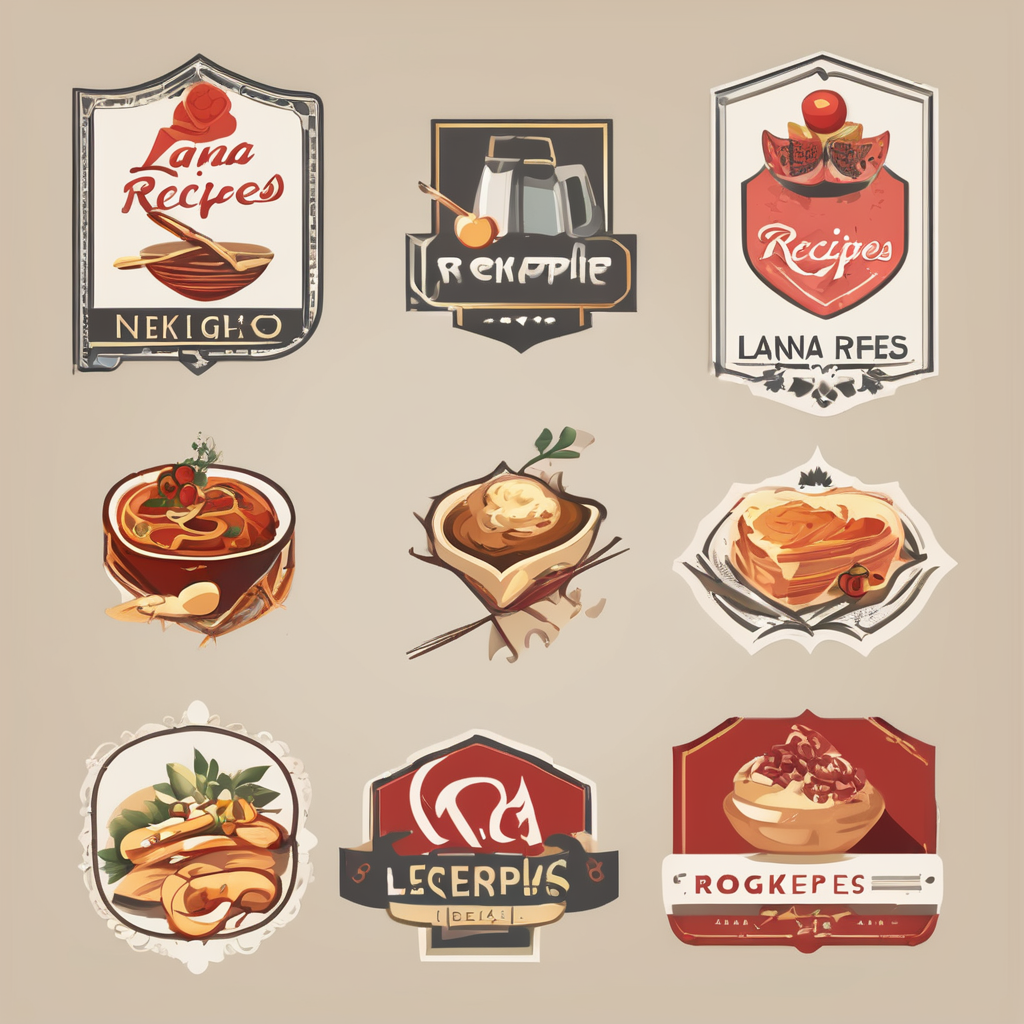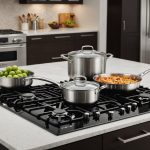In the competitive landscape of the culinary industry, standing out as a chef requires more than just exceptional cooking skills. Demonstrating your unique talents in a restaurant setting can significantly impact your career trajectory and influence the dining experience you provide. This article explores various strategies to effectively showcase your culinary skills, ensuring that you not only impress your patrons but also enhance your professional reputation. Whether you’re aiming for that executive chef position or looking to refine your kitchen management abilities, these insights will help you elevate your profile in the food industry.
Crafting an Impressive Menu
The menu is one of the most crucial elements of a restaurant and serves as a direct reflection of your culinary expertise. Designing a menu that highlights your skills not only attracts diners but also sets the tone for their dining experience. Start by focusing on seasonal ingredients which not only enhance flavors but also showcase your commitment to freshness. Seasonal menus tend to resonate well with customers and can help you experiment with diverse cooking techniques.
Topic to read : What trends should UK restaurants be aware of to stay competitive in the market?
When creating your menu, consider incorporating signature dishes that are uniquely yours. These should highlight your best culinary skills while also telling a story about your journey as a chef. For instance, if you specialize in Italian cuisine, a classic dish like Risotto can be enhanced with local ingredients, giving it a personal touch that diners will appreciate.
Moreover, consider the presentation of each dish. Visual appeal plays a significant role in how food is perceived. Use vibrant colors and interesting plating techniques to capture the attention of your guests. This not only showcases your artistic side but also enhances the overall dining experience.
Also to read : Revamping Vibes: Creative Space-Saving Hacks for Small Cafés to Enhance Customer Enjoyment
Furthermore, don’t shy away from offering tasting menus or chef’s specials. These provide an opportunity to showcase a range of your skills in a single sitting, allowing diners to experience your culinary philosophy and creativity. Be sure to communicate the rationale behind your menu choices to your staff, so they can relay this information to diners, creating a deeper connection between your food and the guests.
Mastering Kitchen Management
Effective kitchen management is critical in any restaurant setting. Your ability to lead a team and oversee kitchen operations can significantly influence not only your success but also that of the entire restaurant. To showcase your culinary skills, it’s essential to establish a well-organized kitchen environment where creativity and efficiency thrive.
Start by fostering clear communication among your team. Regular staff meetings can help to align everyone’s efforts and encourage the sharing of ideas. A team that understands your vision will be more likely to execute dishes that reflect your skill set. Additionally, invest time in training your staff. Teaching them your techniques and culinary philosophy is vital for maintaining consistency, which is crucial in a restaurant setting.
Implement a system for quality control as well. Regular checks on food preparation and presentation ensure that every dish meets the standard you aspire to achieve. This not only instills confidence in your team’s abilities but also reinforces your role as a skilled leader in the kitchen.
Moreover, being adept at managing the supply chain is another skill that deserves attention. Building relationships with suppliers can give you access to the best quality ingredients and help you stay ahead of culinary trends. Knowledge of sourcing high-quality produce enhances your reputation as a chef, as it demonstrates your commitment to high standards in every aspect of the culinary process.
Engaging with the Community
In the restaurant industry, community engagement plays a significant role in building your reputation and showcasing your culinary talents. Participating in local events and collaborating with other food industry professionals can elevate your visibility and demonstrate your passion for the culinary arts.
Consider hosting cooking classes or demonstrations. This not only allows you to share your knowledge and skills with others but also positions you as an authority in the culinary world. Engaging with the public in this way fosters a sense of connection and helps to build a loyal customer base who appreciates your expertise.
Additionally, participating in food festivals or charity events showcases your commitment to the community and your willingness to use your cooking skills for a good cause. These events can offer invaluable networking opportunities as they often bring together various culinary talents and industry experts. You can learn from others while also displaying your capabilities in front of potential patrons.
Social media also serves as a powerful tool for community engagement. Sharing behind-the-scenes glimpses of your kitchen, special dishes, and personal stories can attract a loyal following. By showcasing your culinary journey and the hard work that goes into your dishes, you create a narrative that resonates with food lovers and enhances your reputation as a chef.
Utilizing Feedback to Refine Your Craft
Feedback is an essential component of personal and professional growth in the culinary field. Actively seeking and responding to feedback can significantly enhance your culinary skills and overall restaurant experience. It’s crucial to foster an environment where constructive criticism is welcomed and valued.
Regularly ask your team for their insights on kitchen operations and menu items. They are on the front lines and can provide you with valuable perspectives that you might overlook. This collaborative approach not only strengthens your team dynamics but also encourages innovation in your kitchen.
Moreover, paying attention to customer feedback is equally important. Consider implementing comment cards or online surveys to gather diners’ opinions about their experience. Positive reviews can affirm your culinary direction, while negative feedback presents an opportunity to identify areas for improvement. This practice not only enhances your dishes but also demonstrates to your customers that their opinions matter.
Adaptability is key in the culinary industry. The willingness to modify recipes, presentations, or even your management style based on feedback showcases your dedication to improvement and excellence. This responsive approach not only elevates your cooking but also portrays you as a chef who is deeply committed to providing an exceptional dining experience.
In conclusion, showcasing your culinary skills in a restaurant setting involves a multifaceted approach. From crafting an impressive menu that reflects your unique talents to mastering kitchen management and engaging with your community, each aspect plays a crucial role in defining your professional identity as a chef. By actively utilizing feedback and continuously refining your craft, you can create a significant impact on your career in the culinary industry. As you embark on this journey, remember that the ultimate goal is to create memorable dining experiences that resonate with your customers, solidifying your reputation as a skilled chef in a competitive landscape.











